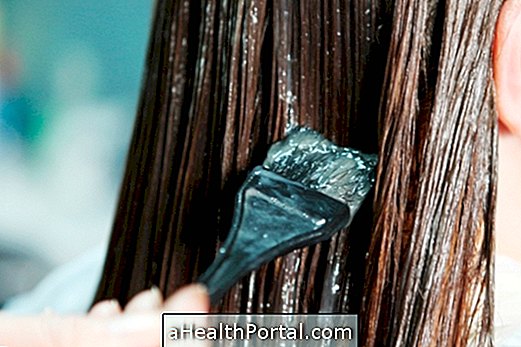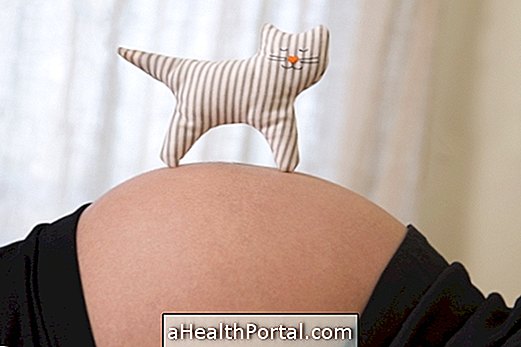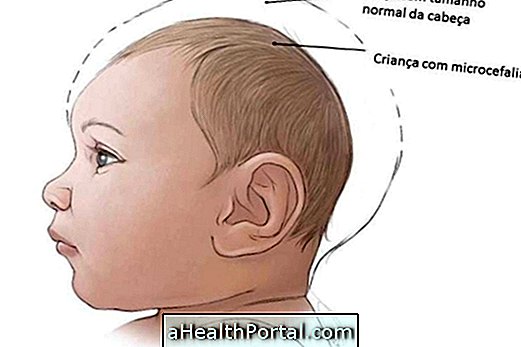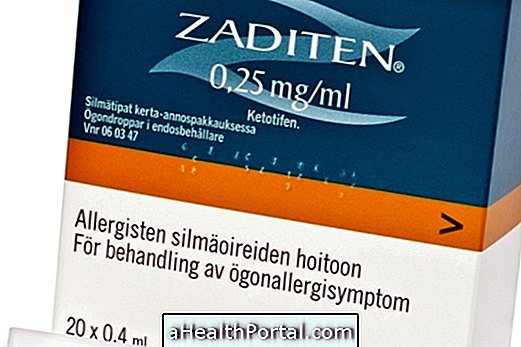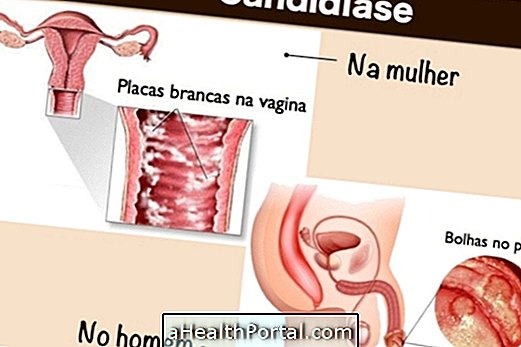Every woman is at risk of becoming pregnant, even taking the contraceptive regularly because the contraceptives only have an effectiveness of about 98%. In addition, the use of antibiotics or other medicines may decrease the effectiveness of the contraceptive pill, increasing the risk of pregnancy. Here are some examples of remedies that decrease the efficacy of the pill.
Other situations that may limit the effectiveness of the contraceptive pill and provide a pregnancy are:
- Change contraceptive and do not use condom in the first 2 weeks. Here's how to change contraceptives without risking getting pregnant;
- Have episodes of diarrhea or vomiting within 3 to 4 hours after taking the contraceptive pill. In this case, one should take a new pill or use a condom;
- Forgetting to take the contraceptive at the same time;
- Forget several times to take the contraceptive pill during the month.
![]()
In case of forgetting to take the contraceptive pill in the first week of the chart, there is a higher risk of pregnancy because ovulation can happen earlier and the sperm can survive for up to 7 days after intimate contact.
If the woman thinks she is pregnant, but is still taking the pill, she should take a pregnancy test as soon as possible. If the pregnancy is confirmed, the woman should stop taking the pill. The use of the contraceptive pill does not change the outcome of the pregnancy test nor does it harm the baby, but should be stopped once a new pregnancy is discovered. Here's what to do if you forget to take the contraceptive.
Is it possible to get pregnant by taking the pill and breastfeeding?
The Cerazette contraceptive pill, which is used during breastfeeding, serves to prevent pregnancy and is about 98% effective as other birth control pills, however, if the woman forgets to take the pill for more than 12 hours or taking an antibiotic, for example, you can become pregnant again, even if you are breastfeeding. See which antibiotics cut the contraceptive effect.

